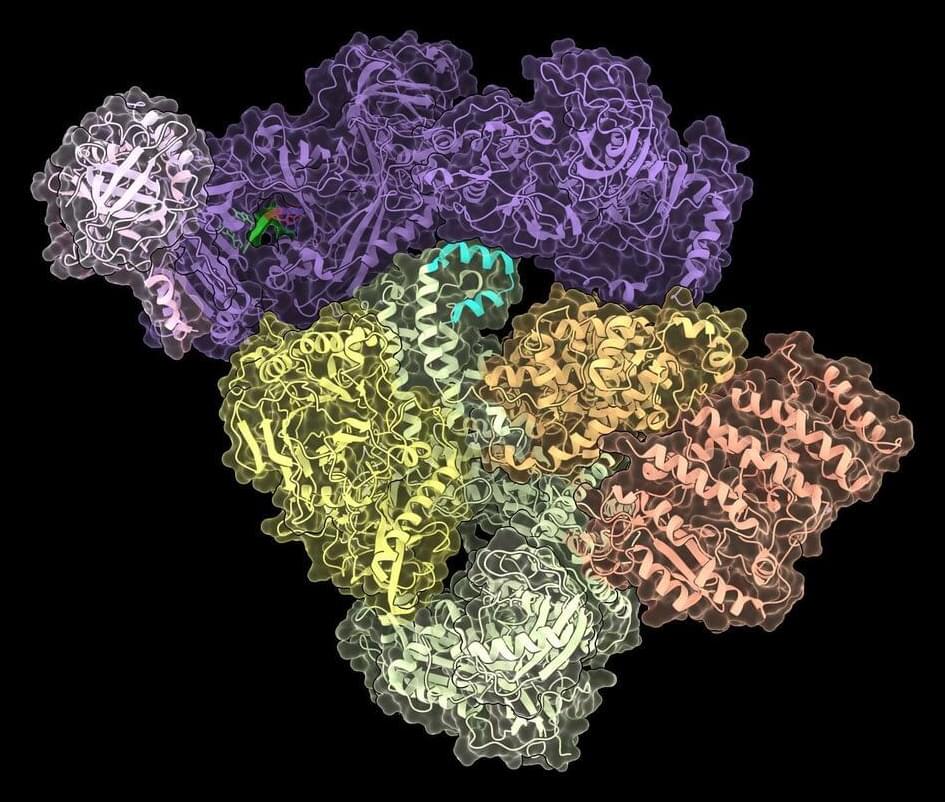Half a century ago, scientists Jim Watson and Alexey Olovnikov independently realized that there was a problem with how our DNA gets copied. A quirk of linear DNA replication dictated that telomeres that protect the ends of chromosomes should have been growing shorter with each round of replication, a phenomenon known as the end-replication problem.
But a solution was forthcoming: Liz Blackburn and Carol Greider discovered telomerase, an enzyme that adds the telomeric repeats to the ends of chromosomes. “Case closed, everybody thought,” says Rockefeller’s Titia de Lange.
Now, research published in Nature suggests that there are two end-replication problems, not one. Further, telomerase is only part of the solution—cells also use the CST–Polα-primase complex, which has been extensively studied in de Lange’s laboratory.
